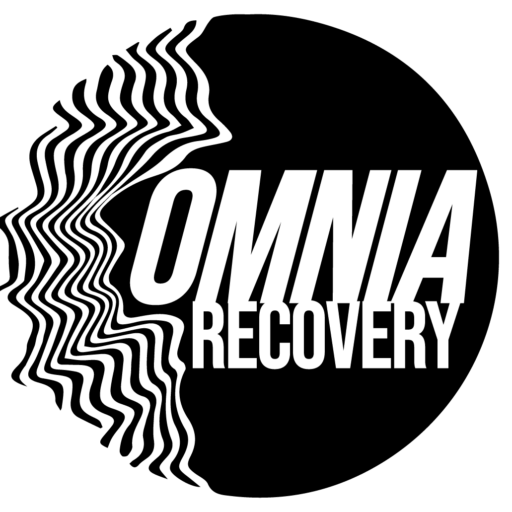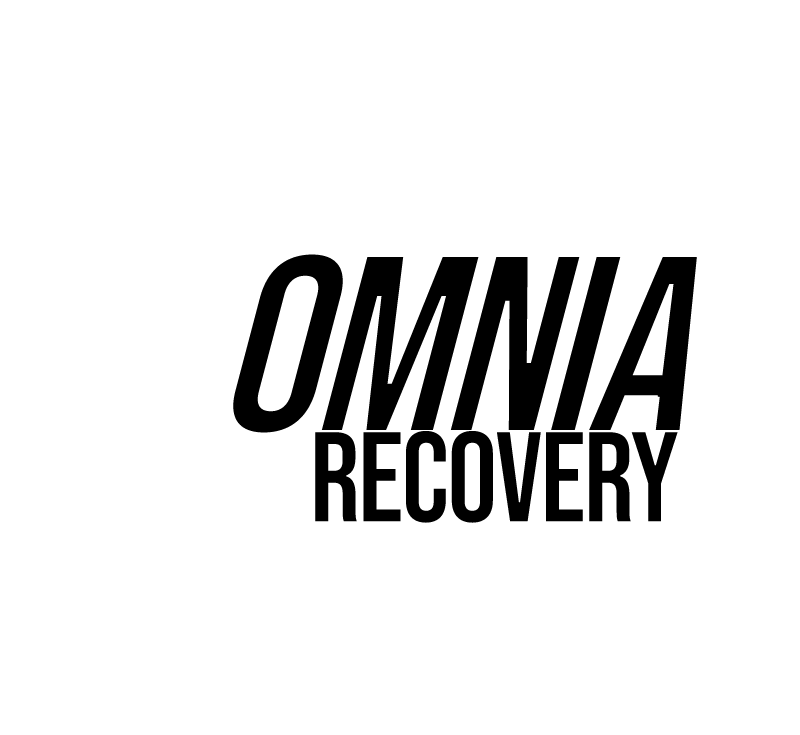Building and maintaining healthy relationships is a fundamental part of life, especially during the recovery journey from addiction. One crucial aspect of nurturing these relationships is setting and respecting boundaries. At Omnia Recovery, we recognize the importance of establishing healthy boundaries to support personal growth and strengthen connections.
Omnia Recovery is a Los Angeles Partial Hospitalization Program offering mental health and addiction treatment services.
Understanding Boundaries
Boundaries are the invisible lines that define where one person ends and another begins. They are the guidelines we set for ourselves in how we interact with others, what we’re comfortable with, and what behaviors are acceptable to us. Healthy boundaries create a sense of safety, respect, and trust within relationships.
In recovery, establishing boundaries is crucial for maintaining sobriety and emotional well-being. It involves clearly communicating your needs, limitations, and values to others while respecting their boundaries in return.
Why Boundaries Matter in Recovery
During addiction recovery, individuals often experience heightened vulnerability and emotional sensitivity. This period of transition can be challenging, as individuals navigate triggers, emotional fluctuations, and the process of rediscovering themselves. Establishing and maintaining boundaries plays a pivotal role in this journey, offering profound benefits that contribute to long-term sobriety and emotional well-being.
Protect Sobriety
Boundaries act as protective shields against potential triggers and risky situations that could compromise recovery progress. By setting boundaries, individuals can create a supportive environment conducive to sobriety. This might involve avoiding certain social settings, limiting contact with specific individuals, or establishing clear guidelines for personal conduct.
Preserve Emotional Health
Recovery often involves confronting past traumas, addressing challenging emotions, and navigating the complexities of interpersonal relationships. Setting boundaries helps to manage emotional stress and reduce anxiety by establishing a sense of predictability and safety. When individuals honor their emotional boundaries, they can prioritize self-care and allocate energy towards healing and growth.
Promote Respectful Relationships
Clear, well-defined boundaries are essential for fostering mutual respect and healthy interactions in relationships. They communicate individual needs, preferences, and limitations, thereby promoting open communication and understanding. Respectful relationships built on strong boundaries encourage empathy, accountability, and authentic connection, which are essential elements of sustained recovery.
Support Personal Growth
Healthy boundaries encourage self-awareness, self-care, and autonomy—key components of personal growth during recovery. By defining boundaries, individuals clarify their values and priorities, enabling them to make informed decisions aligned with their recovery goals. This self-awareness empowers individuals to advocate for themselves, establish healthy habits, and cultivate a sense of agency over their lives.
Tips for Setting Healthy Boundaries
- Identify Your Needs: Take time to reflect on your emotional, physical, and relational needs. What makes you feel safe and respected in a relationship?
- Communicate Clearly: Express your boundaries assertively and respectfully. Use “I” statements to convey your feelings and intentions.
- Be Firm and Consistent: Stick to your boundaries, even if it’s challenging. Consistency reinforces your self-respect and reinforces healthy relationship dynamics.
- Recognize Warning Signs: Pay attention to situations or behaviors that violate your boundaries. Trust your instincts and take action to protect yourself.
- Seek Support: Share your boundary-setting journey with a trusted friend, sponsor, or therapist. They can offer guidance and encouragement.
Respecting Others’ Boundaries
Just as important as setting boundaries is respecting the boundaries of others. When interacting with loved ones or peers in recovery:
- Listen actively and empathetically.
- Ask permission before discussing sensitive topics.
- Honor requests for space or privacy.
Setting Boundaries in Recovery
Setting boundaries in relationships is a vital skill for individuals in addiction recovery. It empowers you to prioritize self-care, maintain sobriety, and cultivate healthier connections. Remember, boundaries are not walls—they are bridges that foster trust, respect, and authentic intimacy. At Omnia Recovery, we’re committed to supporting you in this transformative journey towards balanced and fulfilling relationships.
If you’re struggling with setting boundaries or navigating relationships in recovery, reach out to our compassionate team for personalized support. Together, we’ll redefine life skills and empower you to thrive in sobriety.




